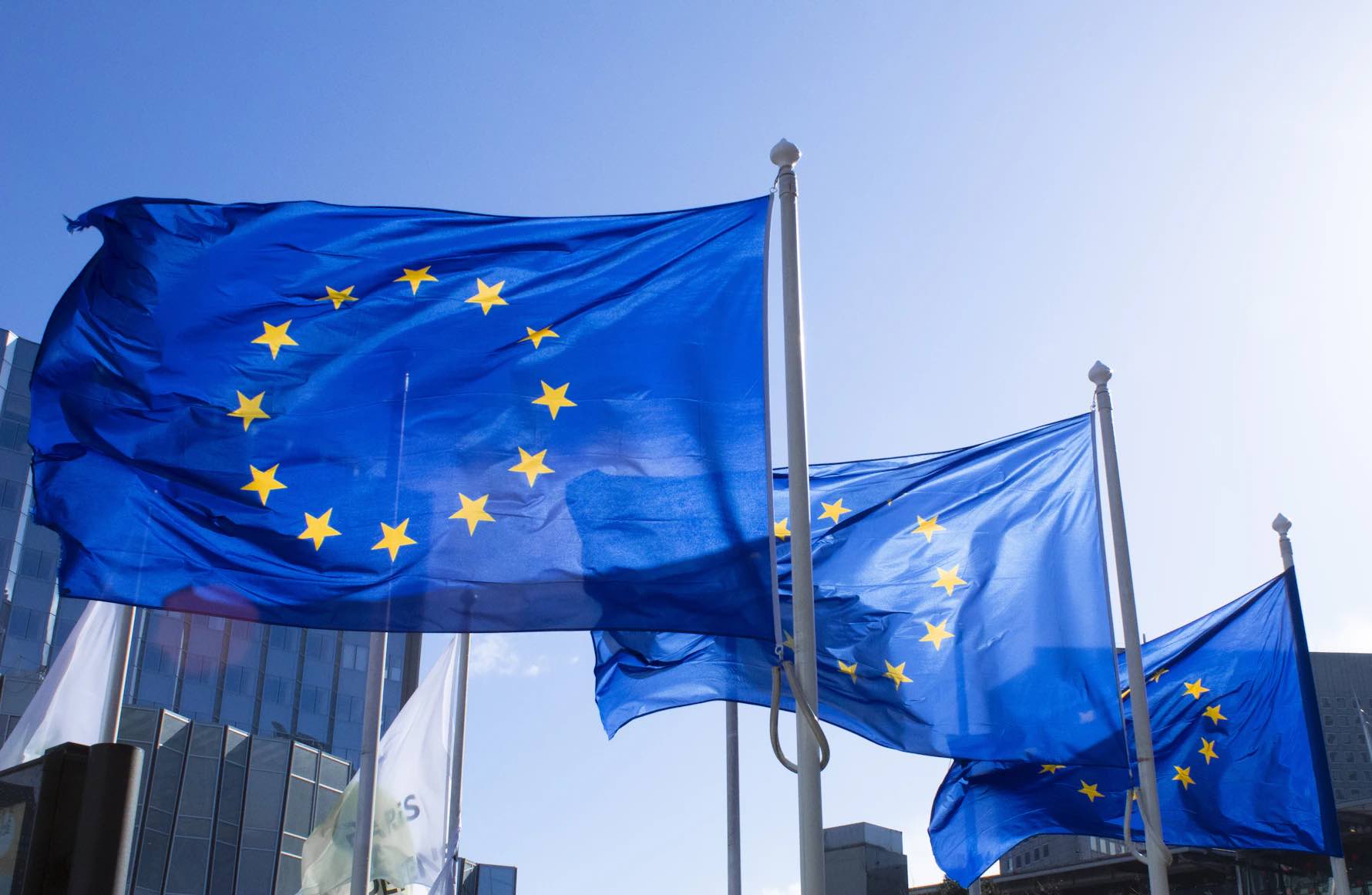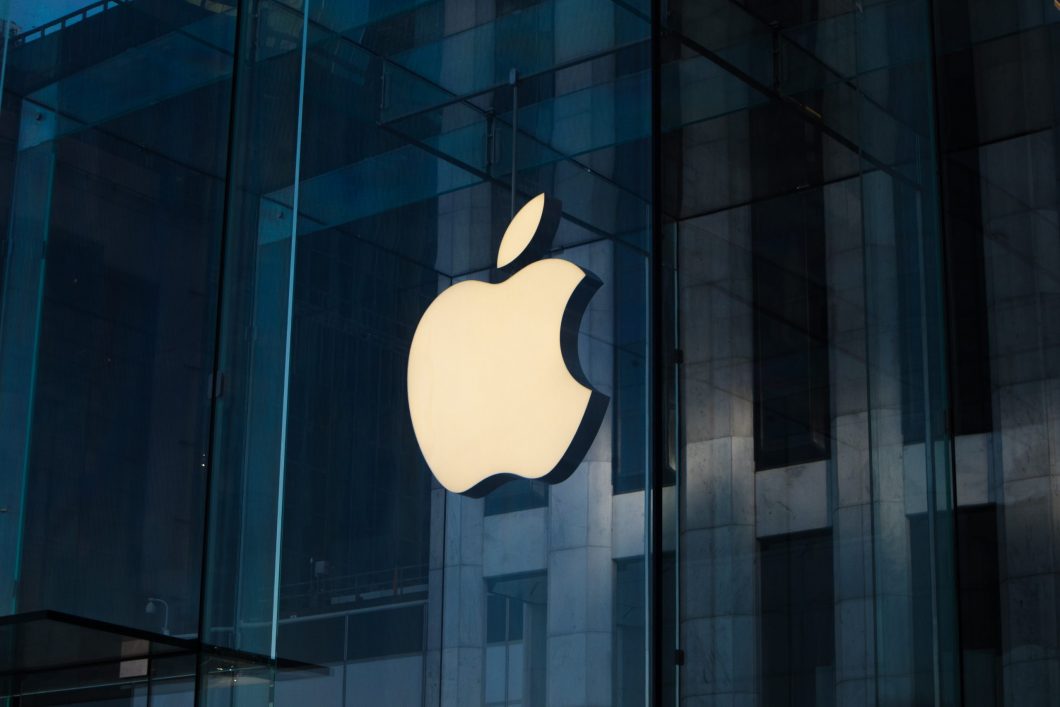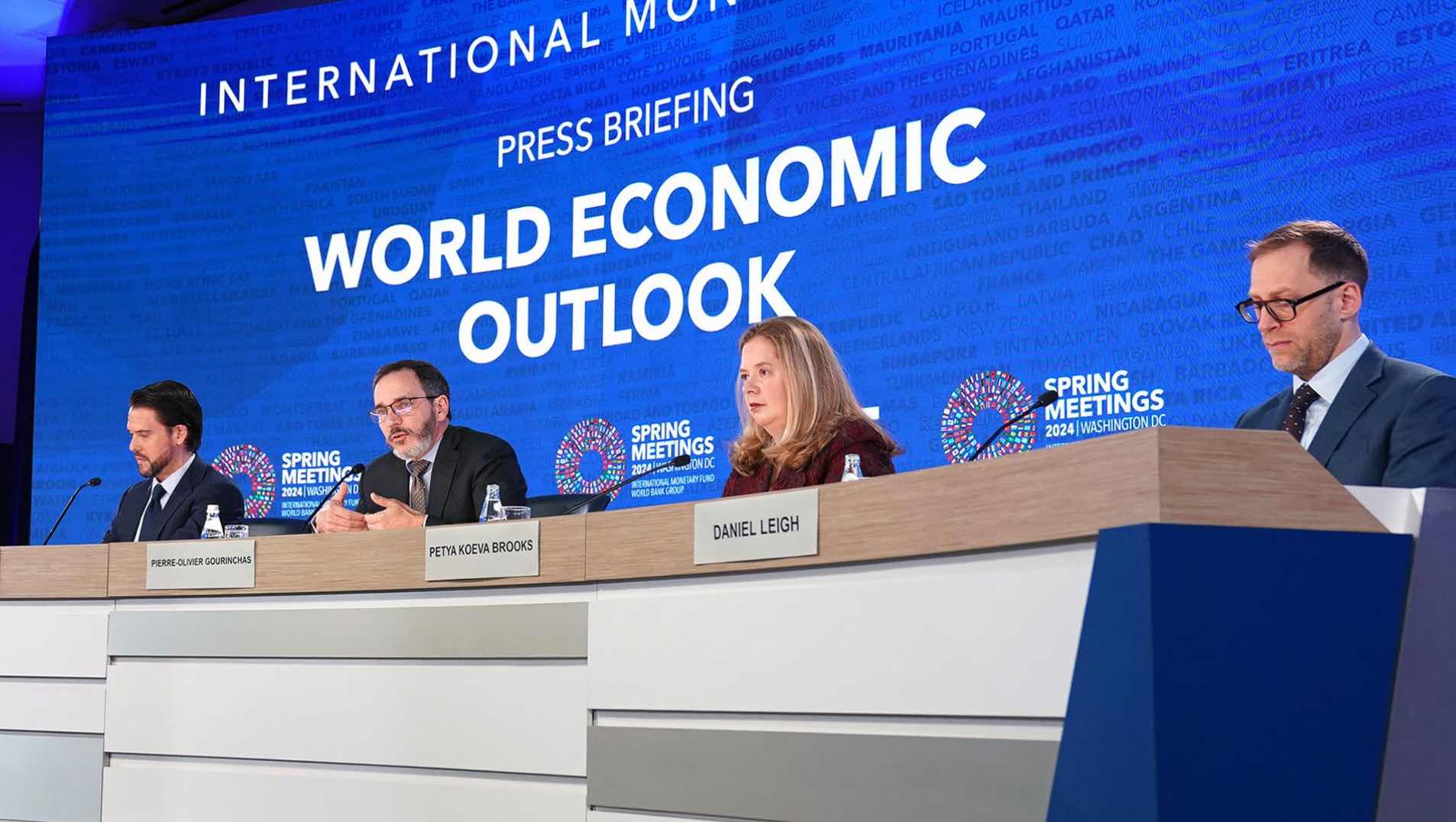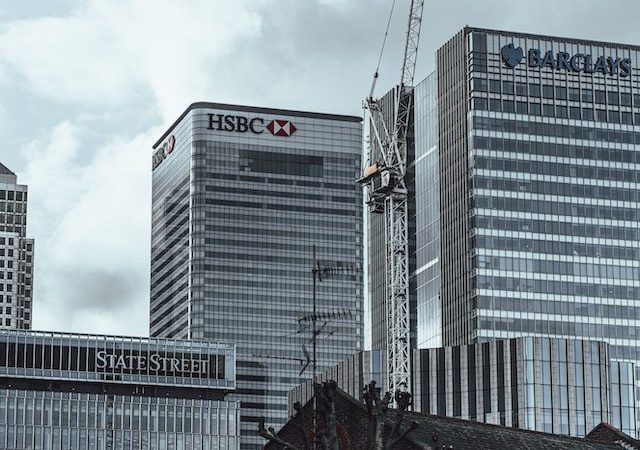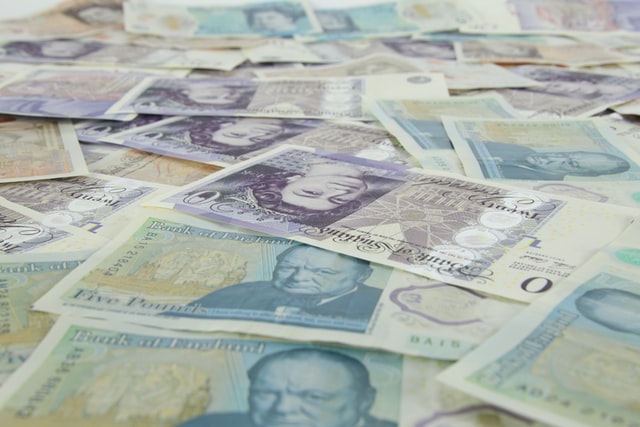Main Menu
- Top News
-
Revolut’s Value Surges, Reflecting Fintech Sector’s Appeal
April 18, 2024 -
EU Agency Calls for Proposals for Key Energy Projects
April 18, 2024 -
EU Merger Watchdogs Clear Microsoft’s OpenAI Investment
April 18, 2024 -
Apple Set to Go Cleaner With Ambitious 2030 Goals
April 18, 2024 -
IMF Forecasts Strong Growth for Russian Economy
April 18, 2024
- Regions
- Banking
-
TD Bank appoints new US exec
April 17, 2024 -
Barclays Issues Warning Amid Surge in Investment Scams
April 17, 2024 -
Proposed Capital Requirements Pose Challenges for UBS Growth
April 16, 2024 -
China’s Central Bank Maintains Key Policy Rate
April 15, 2024 -
Goldman Sachs Shares Surge Over 4% on Strong Q1 Earnings
April 15, 2024
- Investment
-
Morgan Stanley to cut investment banking workforce
April 17, 2024 -
Microsoft Invests $1.5bn in Abu Dhabi’s G42
April 17, 2024 -
UK Fintech Sector Regains Top Spot in Startup Funding
April 17, 2024 -
Tesla Stock Plummets 6% Amid Slowing EV Market
April 8, 2024 -
BlackBerry Unveils Further Cost-cutting Strategies
April 4, 2024
- Infrastructure
-
EU Agency Calls for Proposals for Key Energy Projects
April 18, 2024 -
Apple Set to Go Cleaner With Ambitious 2030 Goals
April 18, 2024 -
Oil prices fall amid economic headwinds
April 17, 2024 -
Canada Launches $6bn Housing Infrastructure Fund
April 4, 2024 -
Citi Report details Energy Sector’s Lack of Climate Transition Plans
April 2, 2024
- Tech
-
Revolut’s Value Surges, Reflecting Fintech Sector’s Appeal
April 18, 2024 -
EU Merger Watchdogs Clear Microsoft’s OpenAI Investment
April 18, 2024 -
TokenEx seals merger with IXOPAY
April 17, 2024 -
Microsoft Invests $1.5bn in Abu Dhabi’s G42
April 17, 2024 -
Barclays Issues Warning Amid Surge in Investment Scams
April 17, 2024
- Featured
-
Telepin: Empowering the Unbanked Through Innovation
March 29, 2024 -
Libertex: Once a Leader, Always a Leader
March 28, 2024 -
MaxFinance: Credit Intermediation Specialists
March 28, 2024 -
Pioneering sustainable horizons: Atlas Renewable Energy’s journey
March 28, 2024 -
Banco Promerica: delivering an outstanding customer experience
March 28, 2024
- Videos
- Subscribe
- Magazine
- Awards
-

